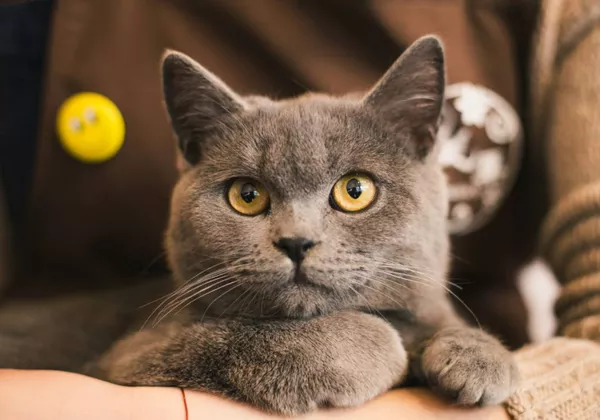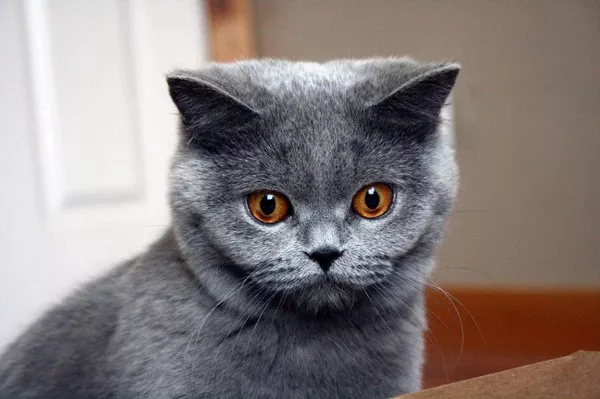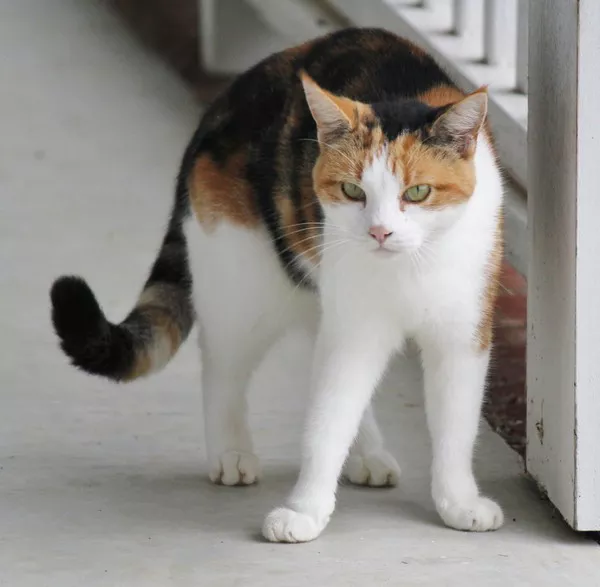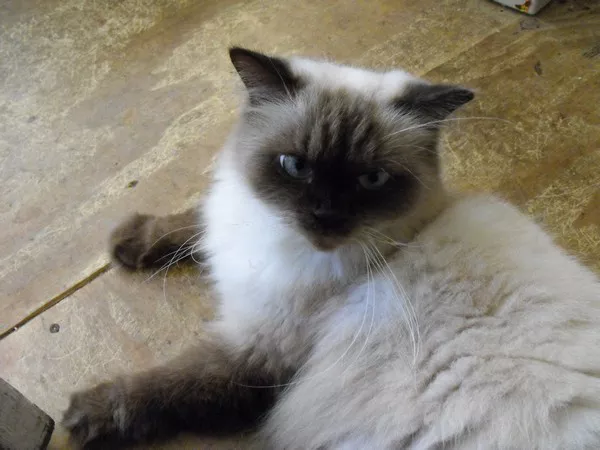Bombay cats, with their sleek black coats and golden eyes, are not only known for their striking appearance but also for their playful and affectionate personalities. As a responsible cat owner, it’s essential to provide your Bombay cat with a balanced diet to support their health and well-being. One common question that arises among cat owners is: how much to feed a Bombay cat? In this article, we explore the nutritional needs of Bombay cats and provide guidelines for feeding them appropriately to ensure optimal health.
Understanding Bombay Cats: A Unique Breed
Before delving into the specifics of feeding, it’s crucial to understand the unique characteristics and traits of Bombay cats. Developed in the 1950s by breeding sable Burmese cats with black American Shorthairs, Bombay cats are known for their affectionate and social nature. They thrive on human companionship and enjoy interactive play, making them wonderful companions for families and individuals alike.
The Importance of Proper Nutrition: Meeting Your Bombay Cat’s Needs
Proper nutrition is essential for maintaining your Bombay cat’s overall health and vitality. As obligate carnivores, cats have specific dietary requirements that differ from those of omnivorous animals. Understanding these requirements and providing a balanced diet is key to ensuring that your Bombay cat receives the nutrients they need to thrive.
Nutritional Needs of Bombay Cats:
Bombay cats require a diet rich in animal-based protein, essential fatty acids, vitamins, and minerals to support their unique physiology and metabolism. Protein is particularly important for muscle development and maintenance, while essential fatty acids play a crucial role in skin and coat health. Additionally, vitamins and minerals contribute to overall immune function and vitality, ensuring that your Bombay cat remains healthy and active.
Weight Management:
Maintaining a healthy weight is essential for preventing obesity and associated health problems in Bombay cats. Overfeeding can lead to excess weight gain, putting strain on the cat’s joints and organs and increasing the risk of conditions such as diabetes and arthritis. Conversely, underfeeding can result in nutritional deficiencies and poor growth and development. Finding the right balance and monitoring your cat’s weight regularly is key to promoting optimal health and well-being.
Hydration:
Adequate hydration is also important for Bombay cats, as water plays a vital role in various physiological processes, including digestion, circulation, and temperature regulation. Providing fresh, clean water at all times is essential for keeping your cat properly hydrated, especially if they consume dry kibble, which has a lower moisture content than wet food. Encouraging your cat to drink water by offering multiple water sources and incorporating wet food into their diet can help ensure adequate hydration.
Feeding Guidelines for Bombay Cats: Tailoring Portion Sizes
Now that we understand the nutritional needs of Bombay cats, let’s explore some general feeding guidelines to help you determine how much to feed your cat:
Consult with Your Veterinarian:
Before making any changes to your Bombay cat’s diet, it’s important to consult with your veterinarian. They can provide personalized recommendations based on your cat’s age, weight, activity level, and overall health status. Your veterinarian can also help you determine the appropriate caloric intake for your cat and recommend specific types of food that meet their nutritional needs.
Choose High-Quality Food:
Selecting a high-quality cat food is essential for providing your Bombay cat with the nutrients they need to thrive. Look for cat foods that list a high-quality animal protein source, such as chicken, turkey, or fish, as the first ingredient. Avoid foods that contain fillers, artificial preservatives, and excessive carbohydrates, as these ingredients offer little nutritional value and may contribute to weight gain and other health issues.
Follow Feeding Guidelines:
Most cat food manufacturers provide feeding guidelines on their packaging based on the cat’s weight and age. These guidelines typically recommend a specific amount of food to feed your cat each day, divided into multiple meals. Follow these recommendations as a starting point, adjusting the portion sizes as needed based on your cat’s individual needs and activity level. Monitor your cat’s weight and body condition regularly and make adjustments to their diet as necessary.
Consider Your Cat’s Lifestyle:
Tailor your Bombay cat’s diet to their lifestyle and activity level. If your cat is highly active and spends a lot of time outdoors, they may require more calories to fuel their energy needs. Conversely, if your cat is less active or primarily indoors, they may need fewer calories to maintain a healthy weight. Pay attention to your cat’s body condition and adjust their portion sizes accordingly to prevent underfeeding or overfeeding.
Special Considerations: Addressing Dietary Needs
In addition to following general feeding guidelines, there are some special considerations to keep in mind when feeding a Bombay cat:
Kitten Nutrition:
If you have a Bombay kitten, it’s essential to provide them with a diet specifically formulated for kittens to support their growth and development. Kitten food is higher in calories, protein, and essential nutrients than adult cat food, ensuring that growing kittens receive the nutrients they need to thrive. Follow the feeding guidelines provided on the kitten food packaging and consult with your veterinarian for personalized recommendations.
Senior Nutrition:
As Bombay cats age, their nutritional needs may change, requiring adjustments to their diet to support their changing metabolism and activity level. Senior cat foods are formulated to meet the needs of older cats, with lower calorie content and added ingredients to support joint health, cognitive function, and immune function. Transitioning your Bombay cat to a senior cat food can help ensure that they receive the appropriate nutrients as they age.
Medical Conditions:
If your Bombay cat has any underlying medical conditions, such as obesity, diabetes, or food allergies, their dietary needs may differ from those of a healthy cat. Your veterinarian can provide personalized recommendations and dietary modifications to manage your cat’s condition and promote overall health and well-being. Follow their guidance closely and monitor your cat’s response to any dietary changes or interventions.
Conclusion: Fostering Health and Wellness in Your Bombay Cat
In conclusion, providing your Bombay cat with a balanced and nutritious diet is essential for supporting their health and well-being at every stage of life. By understanding their nutritional needs, following feeding guidelines, and considering special considerations, you can ensure that your Bombay cat receives the nutrients they need to thrive and live a happy, healthy life.
Consult with your veterinarian for personalized recommendations and guidance on feeding your Bombay cat, and monitor their weight and body condition regularly to ensure that they maintain a healthy weight and overall condition. With proper nutrition and care, your Bombay cat will continue to enchant you with their affectionate nature and playful personality for years to come.

























